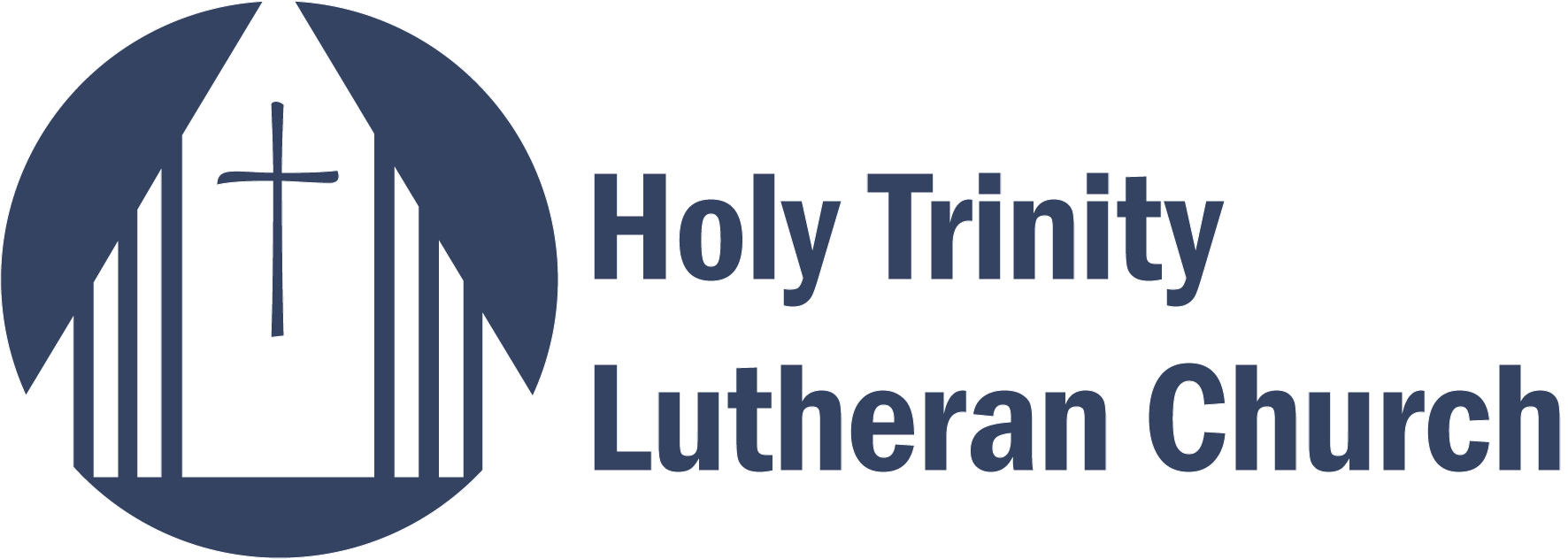Traveling On the Road Together


Beloved in Christ, grace to you and peace from the God who is and was and is to come.
It is my joy to be with you this morning; to worship with you and preside at Eucharist; to greet you after worship and begin to get to know you a bit.
As you may know, I have been in conversation with Julie Johnson, your Council President, over the last month about the possibility that I will minister with you during your time of transition, as you do the work of preparing to call a new pastor. I am grateful to Julie for her faithful attentiveness to all the details of organizing the transition process and moving it forward.
I’m excited about the possibility of serving as your Transition Minister. I love working with people in a congregation who are discerning where God is leading them next.
I come to you as a Minister of Word and Service; that is, as an ELCA Deacon. Now, you may be asking yourself – what the heck is a Deacon? Trust me – you are not alone – many people in the ELCA wonder that same thing. Let me give a bit of context about the place of Deacons in our church today.
The ELCA currently has what we call two rosters – two lists – of ordained ministers: Ministers of Word and Service (Deacons) and Ministers of Word and Sacrament (Pastors). Both rosters are comparable in providing ministerial leadership to the mission of the church, though each roster has a different focus. Both rosters require seminary preparation and completion of the Synodical candidacy process, leading to one’s first call and ordination as a minister.
ELCA Ministers of Word and Service (Deacons) are called and ordained to serve the church on the edge between the church and the world; we are called to speak God’s word to the world and to bring the needs of the world back to the church. The particular focus for Ministers of Word and Service is summarized in the Charge given to the Deacon during Ordination:
…care for God’s people, bear their burdens,
and do not betray their confidence.
Serve the needy, care for the sick, comfort the distressed,
and, through words and actions, witness faithfully to God’s love for all people.
Cross every barrier that stands between the church and its ministry in the world.
Seek out those places where the gospel of Jesus Christ meets the world’s need.
Empower, equip, and support all the baptized in the ministry of Jesus Christ.
Lead us all in proclaiming the gospel in word and song, in witness and service.
The Charge ends with these words (that are also given to Pastors when they are ordained):
And be of good courage, for God has called you,
and your labor in the Lord is not in vain.
So, there’s a brief explanation of what an ELCA Deacon is. I look forward to hearing your questions and comments about this as we get to know each other.
In a moment of serendipity, though, the first reading appointed for today (from the book of Acts) tells the story of Philip, one the first deacons mentioned in the Bible.
This story takes place early in the life of the post-resurrection church, when followers of Jesus were faithfully meeting to share the good news, to break bread together, and to share their household goods and possessions so that everyone had enough. Over time, a disagreement arose – the Hellenist (Greek-speaking) followers complained to the Hebrew followers that their widows were not getting enough to eat. The dilemma was resolved, through conversation and prayer, by the appointment of seven Greek-speaking men to oversee the distribution of the food. These seven were the first deacons; Philip was one of them.
After a time, the followers of Jesus were persecuted in Jerusalem and they left the city. Philip is told by an angel of the Lord to go on the wilderness road between Jerusalem and Gaza (yes, the same area that is under siege today), in the land of Samaria. That’s where Philip meets the Ethiopian eunuch.
Ah, the Ethiopian eunuch – what a fascinating and complex character!
- an African, a person of dark skin
- an official of the royal court; physical altered (cannot father children) to obtain that position
- gender non-conforming – neither male nor female
- wealthy yet a slave of the court
- who becomes the first person outside Jerusalem and Judea to hear the good news and to be baptized.
Clearly, the eunuch is someone living on the margins of society and the church; someone who does not conform to the standards and expectations of the culture in which he lives AND someone who is engaged with scripture, asking questions, and eager to learn more. Philip joins the eunuch and rides along side him and explains the scripture and proclaims to him the good news of the life, death and resurrection of Jesus Christ, in a way that the eunuch can understand and believe. When the chariot comes along some water – in the desert! – the eunuch is quick to seize the opportunity – Look, here is water! What is to prevent me from being baptized? Turns out there is nothing to prevent them. They stop and Philip baptizes the eunuch. Then they separate – the eunuch continues on their way, rejoicing, and Philip is sent off to his next assignment, proclaiming the good news in all the places he is sent.
This extraordinary story of discipleship and mission has so many lessons for us today.
This story show us that God’s love is fully inclusive of all people, in all of their multiple identities, no matter how they look to the rest of the world.
It shows us that people on the margins of this world are eager to hear and receive the gospel of Jesus Christ.
It shows the power of the Holy Spirit to call, gather, enlighten, and make holy the whole church on earth (from Luther’s Small Catechism – The Creed – The Third Article).
It shows the wisdom of traveling along side each other, wherever the road takes us, studying scripture and asking questions; engaging in conversation and prayer; open to the work of the Holy Spirit to create something new and fruitful out of the dry land.
As the people gathered here by the Holy Spirit into the community of faith called Holy Trinity Lutheran Church, you are now traveling together on the wilderness road that we might describe as “church in transition”, as you are prepare to call a new pastor. I would be delighted to travel that road with you, as your transition minister. Together, we can follow the process of discernment reflected in this story we have heard today – we can study scripture and ask questions; engage in conversation and prayer; and be open to the work of the Holy Spirit leading you into the next new season of life for Holy Trinity.
Throughout this process of discernment, we will continue to abide in Jesus, to proclaim the gospel, and to bear good fruit, for the sake of the church and the world.
And we will remind each other of this –
…be of good courage, for God has called you,
And your labor in the Lord is not in vain.
To God be the glory. Amen

